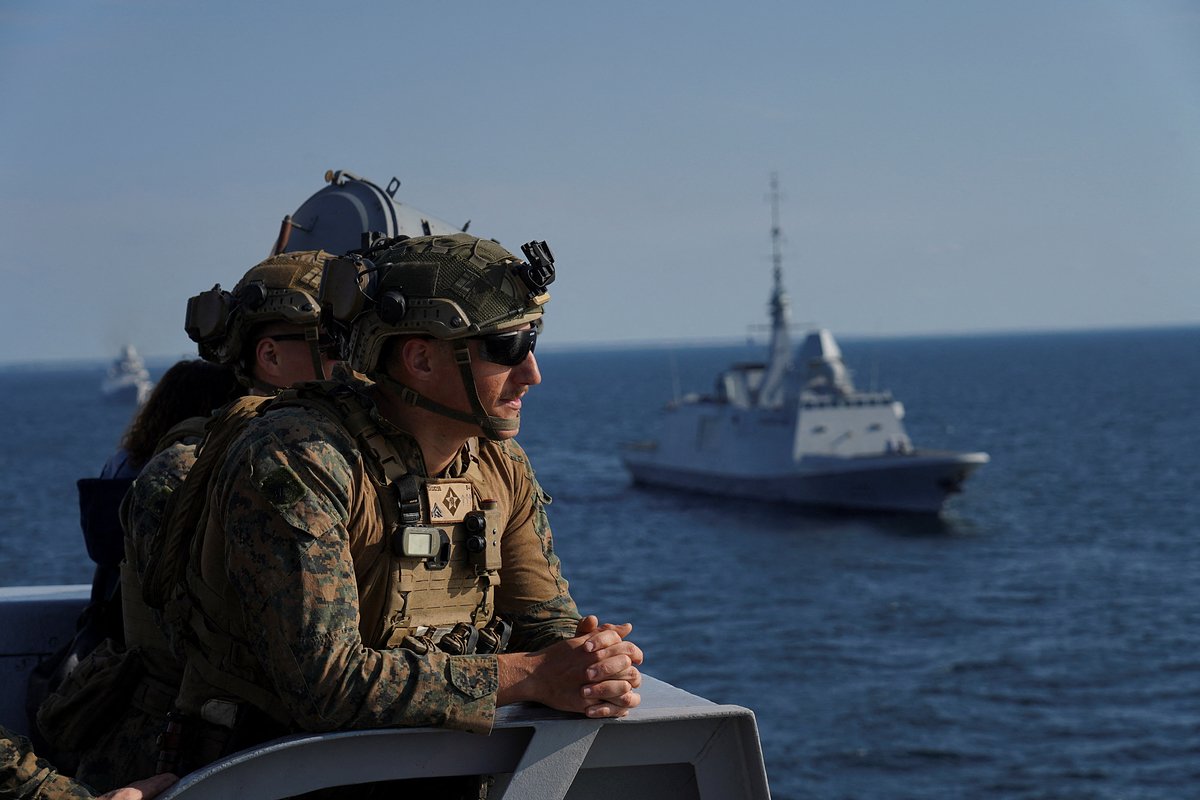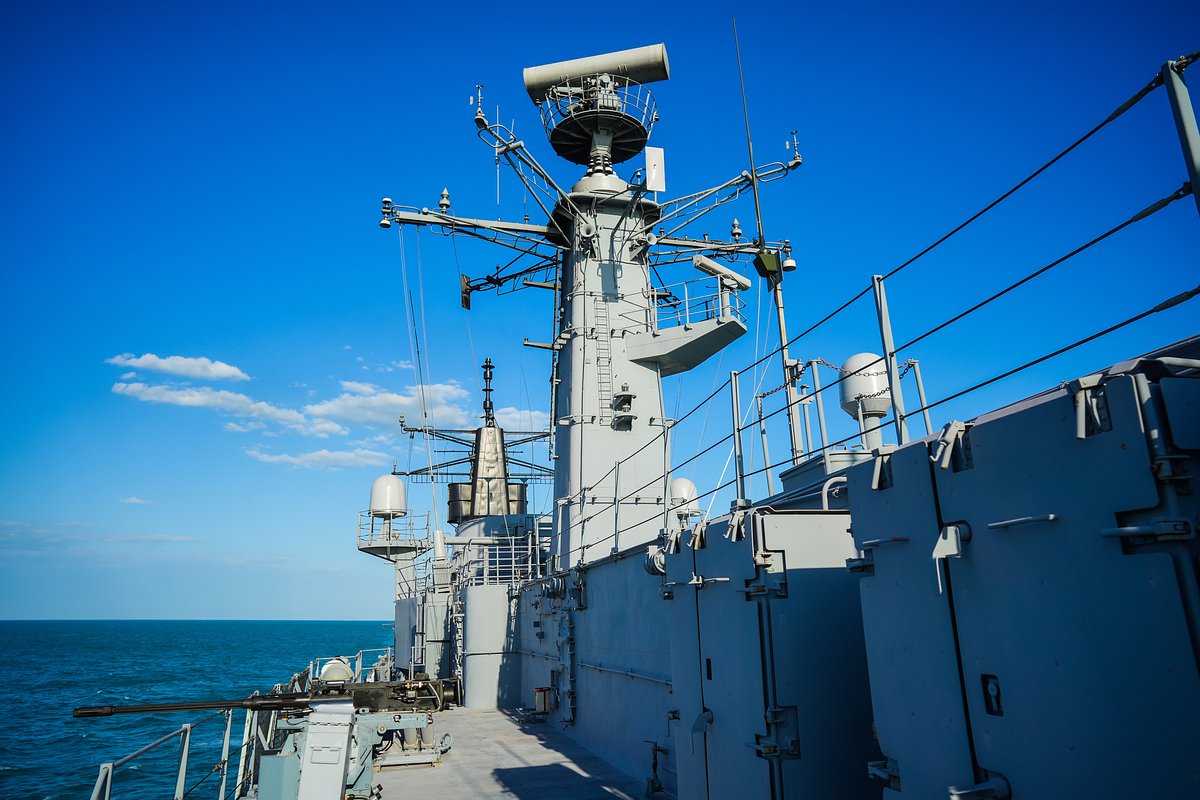Rinkevichs called the possible closure of the Baltic Sea for the Russian Federation a declaration of war
Latvian President Edgars Rinkevics said that NATO countries are trying to figure out how to respond to incidents that they associate with alleged Russian sabotage activities. One such option is to close the Baltic Sea to Russian ships. However, the Latvian leader called this a last resort.
Rinkevics noted that NATO members are trying to decide how best to respond to “sabotage” without invoking NATO’s collective defense clause, known as Article 5. It states that an armed attack on one NATO member state is considered an attack for the entire alliance. In such a case, all NATO countries may take such actions as they deem necessary to assist the affected state. The article also allows for the use of armed force.
Edgars Rinkevičs
Photo: Caitlin Ochs/Reuters
Latvia names several possible NATO responses
However, the President of Latvia noted that NATO “is not going to launch missiles at Russia because of a rather small-scale incident.” One of the options for response, according to the President of Latvia, could be to increase the number of NATO maritime patrols. He expressed confidence that the alliance countries “should be able to discuss all types of [ответных] instruments.”
At the same time, Rinkevichs noted that a more extreme measure would be to close the sea to Russian ships, although “this would be tantamount to a declaration of war.”
I’m not saying that all of them can be used. But if we limit ourselves, without any discussion, we will simply invite Russia to further creative actions – and they are the masters of hybrid warfare
Rinkevichs did not provide any evidence of accusations against Moscow, but among other Russian acts of sabotage he named the cutting of an underwater cable in the Baltic Sea and the jamming of civil aviation GPS navigation systems in the Baltics.

Photo: Janis Laizans / Reuters
Russia was suspected of planning sabotage in Europe
Europe accused Russia of GPS interference in the Baltic Sea back in April. Then the head of the Swedish Navy, Eva Skoog Haslum, complained that interference in aviation and shipping was damaging the regional economy. She also called on NATO to intervene in the situation, but did not provide any evidence. Meanwhile, in The Guardian reported, that in just eight months about 46,000 aircraft encountered problems with satellite navigation in the Baltic Sea. However, most of the problems with GPS arose in Eastern Europe, near the borders with Russia.

Photo: Alexandru Nika / Shutterstock / Fotodom
And in early May, the Financial Times, citing sources in European intelligence services, wrote that Moscow was allegedly preparing acts of sabotage throughout Europe, as it was “heading for a permanent conflict with the West.” The newspaper claims that Russia has begun “actively preparing secret explosions, arson and damage to infrastructure.”
Press Secretary of the Russian President Dmitry Peskov, commenting on this article, said that the accusations are unfounded and do not look like serious material. According to him, there are more and more such accusations from the West. “We treat such reports accordingly,” the Kremlin spokesman concluded.
#Closing #Baltic #Sea #Russia #threatening #reasons
